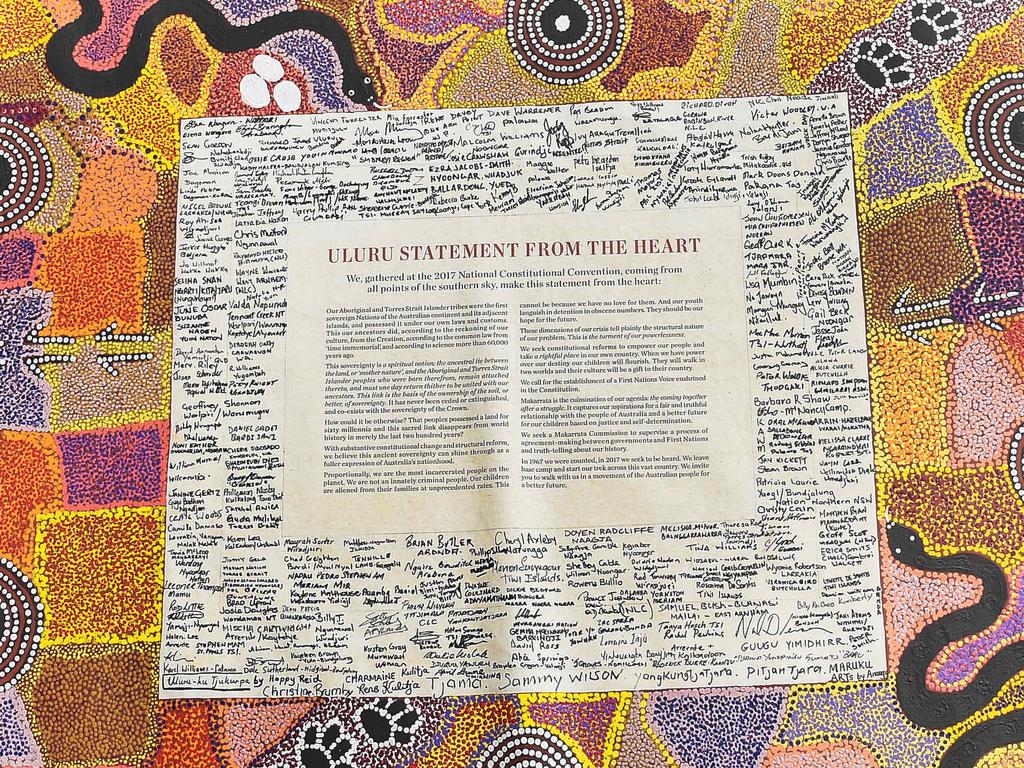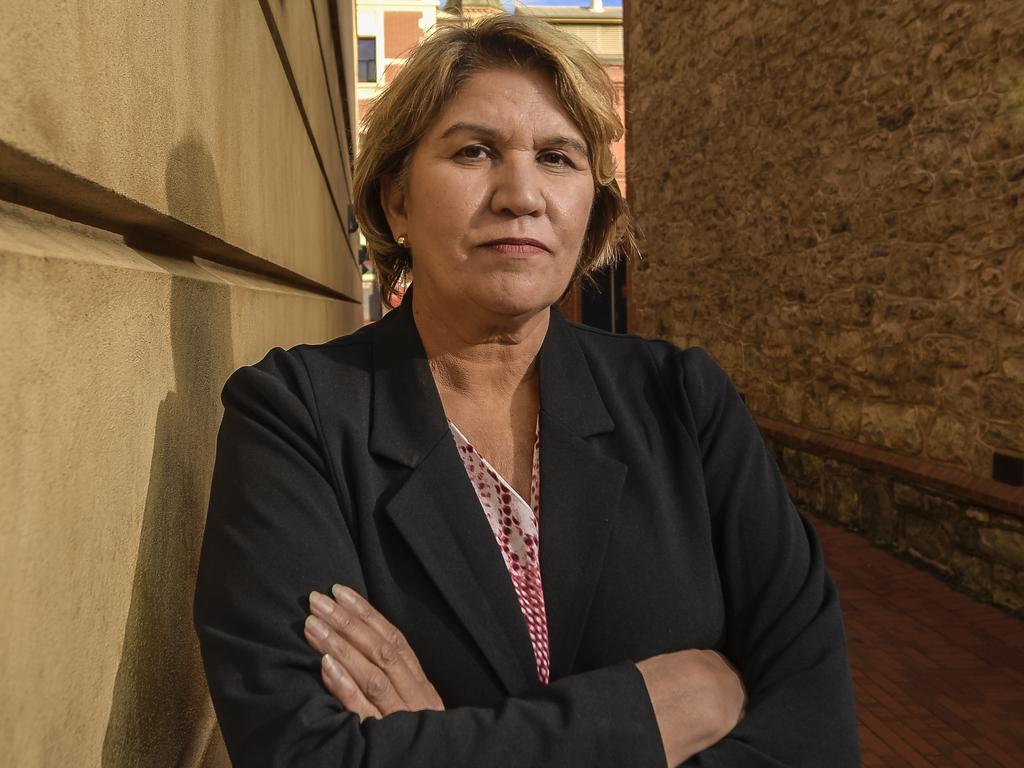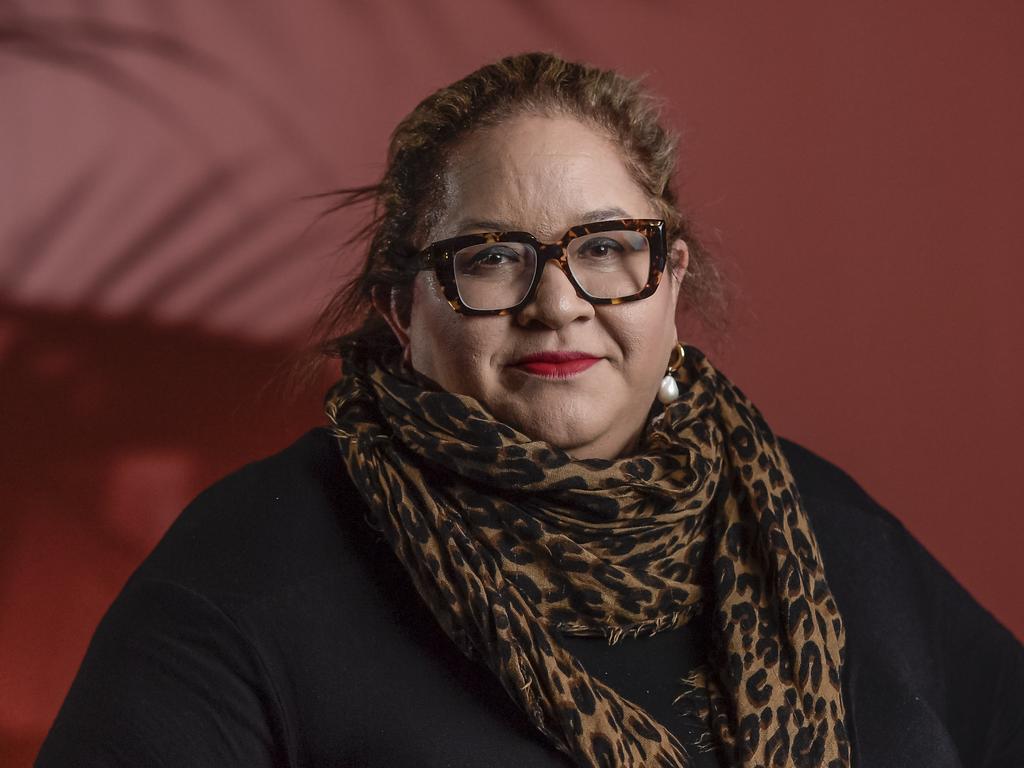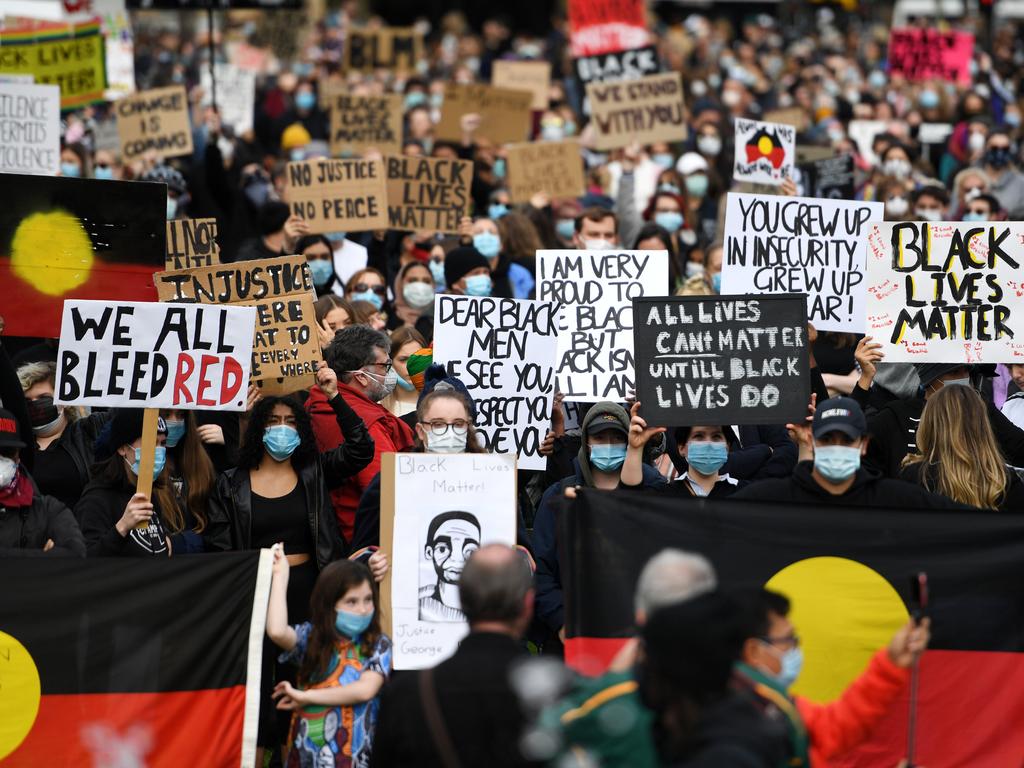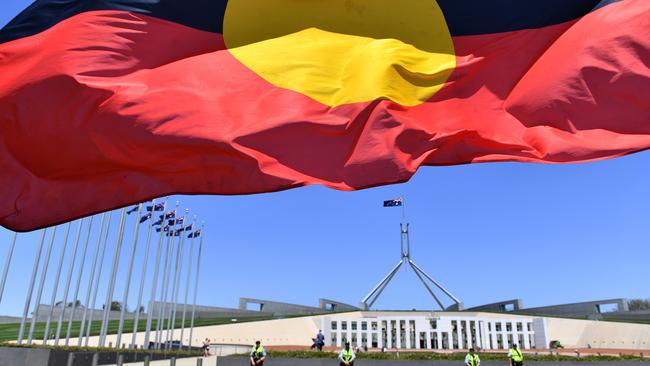
Constitutional amendments are not warheads that explode on impact; they are time bombs whose unanticipated consequences, bursting when they are least expected, maim the innocent and mutilate the unwary.
Yet writing on these pages last weekend, Megan Davis, a respected law professor who co-chaired the Uluru Dialogue, argued that an Indigenous voice to parliament should be constitutionally entrenched even before its proposed initial design had been determined and properly assessed.
In support of that contention, Davis claimed that the other bodies created by the Australian Constitution were put into place only once the relevant constitutional provisions had been enacted. In a technical sense, that is obviously correct. But the historical reality is that neither the plain text of the Constitution nor the process that led to its adoption left the federation’s institutional structure unspecified.
On the contrary, with the possible exception of the High Court, the crucial institutions built on long-established precedents, including the experience of the federation’s colonial predecessors.
As every aspect of those institutions had been extensively debated, tested and refined in the constitutional conventions, the colonial parliaments and the successive referendums, the nascent federation’s citizens were in a position to grant the new polity their informed consent.
It is, however, impossible to see how Australians could give an informed consent to a proposal that remains so ill-defined. Inevitably, the absence of clarity would undermine the democratic legitimacy of any referendum that was held to endorse it. And as if scant legitimacy were not troubling enough, the inherent features of the voice make its ethereal uncertainty especially problematic.
The proposal is, to begin with, immensely consequential. Its stated purpose is to confer on Indigenous Australians – and on them alone – a constitutionally enforceable right to be consulted on particular kinds of legislation. The flip side of that right is a constitutionally enforceable obligation on parliament to both establish a body that gives effect to the right and to ensure that its own proceedings respect the duty of consultation that the amendment imposes.
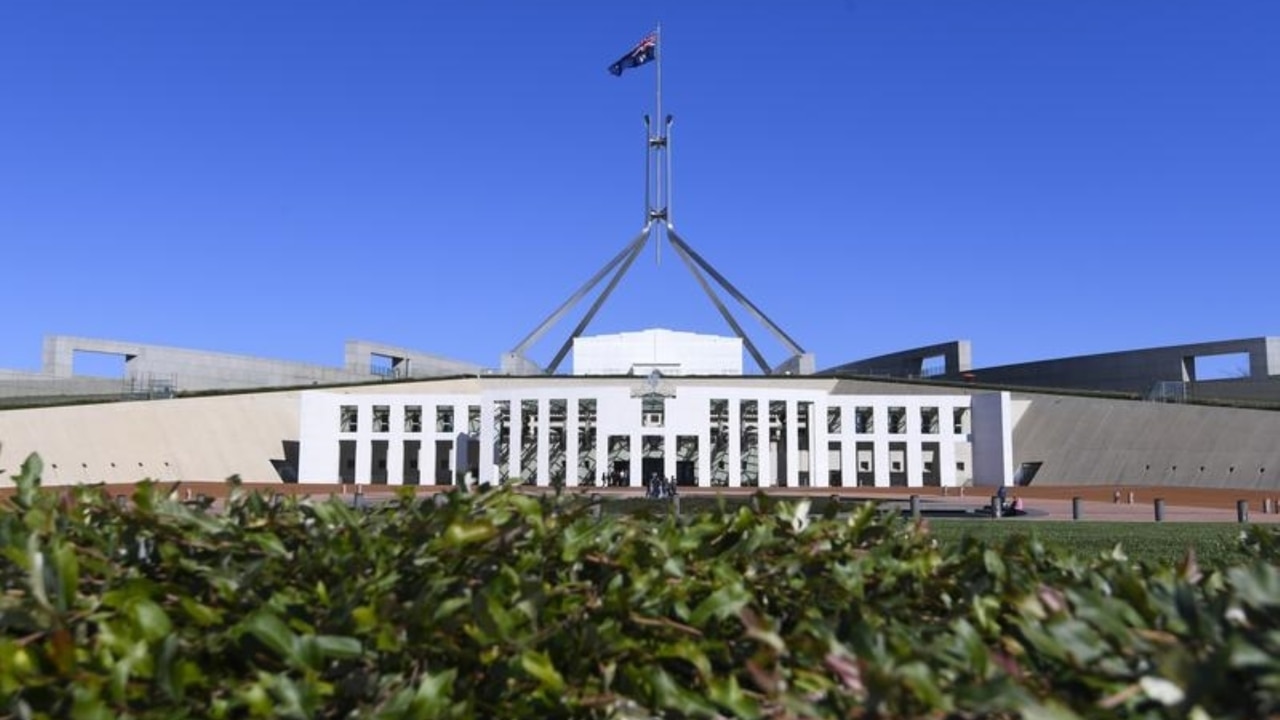
Such a constitutional duty is, in Westminster systems, unprecedented. The Canadian Supreme Court tellingly stressed that point in its recent Mikisew decision, which centred on the claim that parliament had an obligation to consult indigenous Canadians before enacting legislation that altered their rights.
Noting that since at least the English bill of rights of 1688, parliament could exercise its constitutional functions as a legislature free from external interference or frustration, the court found that an obligation to consult would “fetter the sovereignty of parliament itself”, with the potential to both “undermine its ability to act as the voice of the electorate” and “grind the day-to-day operation of government to a halt”. The fact that those findings echo the judgments of the Australian High Court in Maloney (2013) and of the New Zealand Supreme Court in Ngati Whatua (2018) merely highlights the cogency of the Canadian court’s concerns.
Compounding the dangers is the proposed obligation’s open-ended scope and substance.
Despite innumerable reports, there seems to be no detail as to who will count as Indigenous and hence be entitled to claim the proposed right, as well as to seek legal redress for claimed instances of its denial. Nor has much light been cast on how the voice will be selected, organised and monitored.
All that pales, however, compared with the vagueness that surrounds the meaning of the duty to consult, which is the proposal’s essence. Yet “to consult” is a capacious term whose porous boundaries invite unending disputes – as even the medieval glossators who commented on the interminable conflicts that arose from the Pope’s duty to consult his bishops well knew.
It is easy to say that the uncertainties would eventually be resolved by the High Court; but that body is intended to be the guardian of the Constitution, not its de facto author.
Moreover, in grappling with those disputes, the court would necessarily intrude on parliament’s internal decision-making processes, erasing the distinction between the legislative and judicial functions that is the basis of the separation of powers.
And since the court’s decisions could so easily slip into judicial impressionism (which, in the words of British philosopher FH Bradley, consists of “finding bad reasons for what we believe on instinct”), the controversy they stirred would strain the shifting sands of public acceptance on which our constitutional edifice ultimately rests.
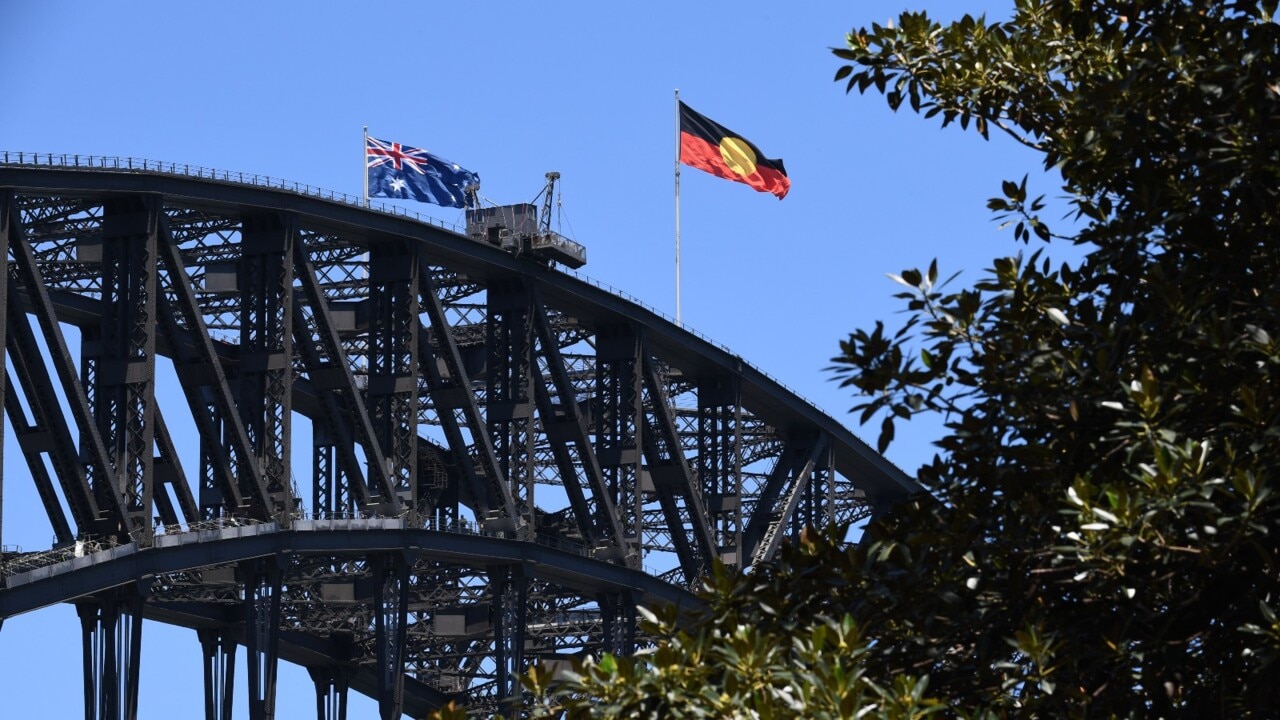
Given those risks, it is scarcely unreasonable to expect the proposal – and the fundamental mechanisms guiding its operation – to be carefully fleshed out before a referendum is held and the voice is locked into the Constitution.
After all, what is at issue touches on the vital concerns of all Australians. It is the community as a whole that funds the more than $20bn a year the federal government spends on Aborigines and Torres Strait Islanders; it can legitimately seek assurances that it is the federal parliament, reflecting the wishes of the entire Australian people, that will retain undivided sovereignty over those outlays.
Additionally, and even more important, the Australian community as a whole has an abiding interest in preserving and enhancing our shared sense of national identity; but the voice could alter the already fraught internal dynamics of our society – and not necessarily for the better.
It was, in effect, a crucial insight of early modern political philosophy, first powerfully articulated by Thomas Hobbes, that it is not “the people” that creates the institutions that represent its interests; it is instead the process of representation itself that – by bringing citizens together in rituals such as elections – progressively forges society’s disparate elements into a self-conscious “people”.
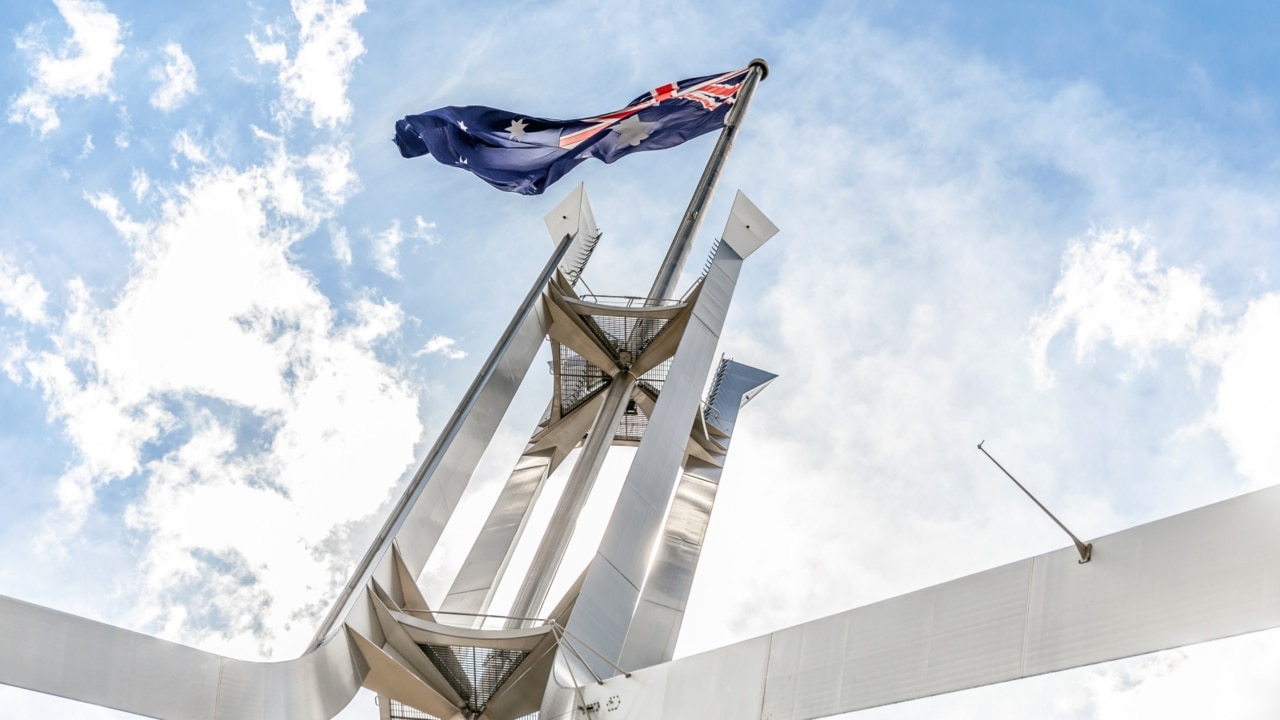
And just as the fact of being equally represented, and of participating together in the periodic selection and assessment of our representatives, unites us, so separate representation could heighten everything that drives us apart, crystallising the fault lines the proposal promised to repair. The danger that the voice will lead us down that dark corridor on the basis of race – thus prolonging the sorry history of racial difference – underscores the need to subject it to close scrutiny.
Our Constitution is a living document that must adapt itself to a future that can be seen only dimly, if at all. It is, however, also a text that is intentionally hard to amend, so that the errors haste brings are condemned to reverberate for generations.
There can therefore be few obligations today’s Australians more clearly owe tomorrow’s than to be patient and prudent in protecting the constitutional order that they will inherit. As the pressures for an early referendum on the voice gather momentum, ensuring that, at the very least, we do no harm will require moral courage, lucidity and determination.


